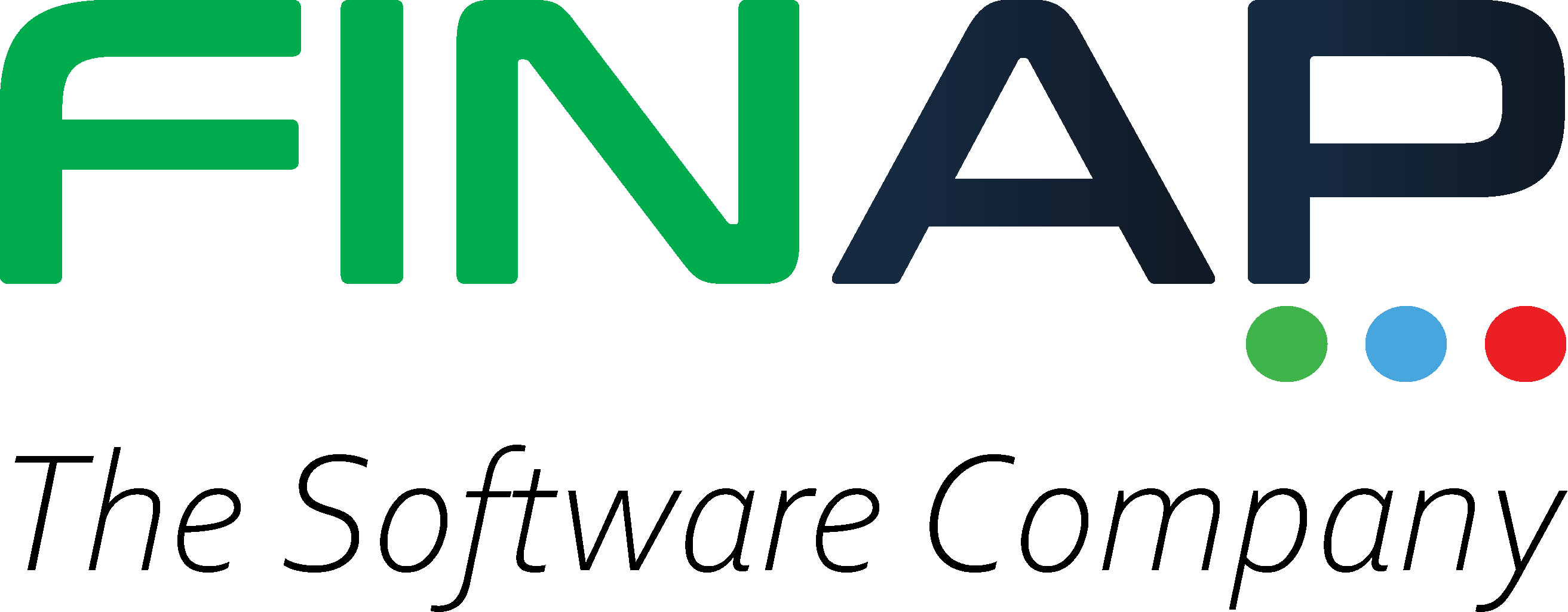In a world where convenience reigns supreme, online banking is no longer just an option; it’s a necessity. Imagine this: no more rushing to beat the clock at your local bank, avoiding endless queues, and saying goodbye to paper trails that seem to multiply by the minute. We now live in an age where our finances are managed with a few clicks and taps, freeing us to focus on what truly matters.
But what exactly does this transformation entail? As we delve into the essentials of online banking, we’ll explore its services, its distinct advantages over traditional banking, and how it’s evolving. Along the way, we’ll discover how FINAP is not just part of this shift but is actively shaping the future of banking for communities around the globe.
What Is Online Banking?
At its core, online banking is a financial service that allows individuals and businesses to manage their accounts and conduct transactions through the internet. While the definition may sound simple, the reality is that online banking encompasses a wide range of essential services. Not only does it provide a safe place for people to store their money, but it also facilitates loans, offers investment products, and handles everything from day-to-day payments to complex corporate transactions—all from the comfort of home.

Basic Online Banking Services
Online banking offers a range of services that help individuals and businesses manage their finances effectively:
· Deposits: Secure platforms for individuals and companies to store their money in accounts such as savings, checking, or fixed deposits.
· Loans: Offering online-accessible loans for personal use, business expansion, home purchases, or education.
· Payments and Transfers: Enabling users to send and receive money, pay bills, and manage recurring transactions effortlessly.
· Investments: Offering financial products like mutual funds and fixed deposits to help grow wealth.
· Financial Planning: Assisting with retirement planning, insurance, and tax management through online tools.
Whether saving for your child’s future or expanding your business, online banking provides essential services that shape financial management today.
Types of Banks
Banks come in different forms, each catering to specific financial needs:
· Commercial Banks: Offer services like deposits, loans, and payment systems for individuals and businesses. Popular examples include Commercial Bank and Sampath Bank in Sri Lanka, as well as Deutsche Bank and HSBC globally.
· Investment Banks: Help companies raise capital, manage mergers and acquisitions, and provide advisory services. Goldman Sachs and J.P. Morgan are well-known examples.
· Community Banks: Smaller institutions that focus on local economies, offering personalized banking solutions.
· Islamic Banks: Provide services compliant with Islamic law, such as interest-free loans and Sharia-compliant financial products. Amana Bank in Sri Lanka is an example.
· Central Banks: The Central Bank of Sri Lanka (CBSL) regulates the country’s monetary policy and the entire banking industry.
In addition, these types of banks serve different purposes, but they all share a common challenge: the cost of maintaining a traditional banking system. This is where FINAP comes in, reshaping the landscape with innovative solutions.
Types of Online Banking
Online banking encompasses a variety of types, including:
· Retail Banking: Serves individual consumers with services like savings accounts, personal loans, and credit cards.
· Business Banking: Tailored for businesses, including merchant services, business loans, and cash management.
· Mobile Banking: A subset of online banking, mobile apps allow users to manage finances on their smartphones.
· Community Banking: Personalized services for local populations, often with a deep understanding of local needs.
Traditional vs. Online Banking
For decades, traditional banks dominated the financial landscape. In countries like Sri Lanka, banks such as Bank of Ceylon, People’s Bank, and Sampath Bank became household names, trusted for their secure vaults and customer service. However, traditional banking required customers to visit physical branches to manage their accounts. Need to transfer money? You’d likely spend an entire afternoon standing in line.
With the advent of technology, online banking has transformed the way Sri Lankans engage with their finances. For instance, the Commercial Bank app allows users to perform various banking tasks directly from their smartphones, offering features like instant fund transfers, bill payments, and account management without the need to visit a branch. Similarly, the Sampath Bank app provides a seamless banking experience with its user-friendly interface, empowering customers to conduct transactions at their convenience.
Moreover, digital payment solutions like Apple Pay, Google Pay & Dialog Genie have simplified the payment process significantly. These solutions enable users to shop online, pay mobile bills, Wi-Fi, TV services, and utilities effortlessly, all from their devices. Furthermore, it streamlines everyday transactions, allowing customers to manage multiple payments without the hassle of cash or physical checks. More innovative solutions such as MintPay & Koko, allow customers to connect their cards and make payments effortlessly while also offering flexible options to break down payments into installments or pay in full immediately.
FINAP – Redefining Online Banking with ECOru
In 2017, FINAP set out on a bold mission: to make core banking technology affordable and accessible to financial institutions of all sizes. The solution? ECOru, a Banking-as-a-Service (BaaS) platform designed to empower community banks and small financial operators.
What makes FINAP’s journey so remarkable is that it didn’t rely on external funding to build ECOru. Instead, the company bootstrapped its way to success, developing a platform that is now on its way to empower over 550 community banking societies in Sri Lanka. These institutions, often left behind by expensive traditional banking systems, can now manage their financial products, track operations, and serve their customers—all while staying compliant with modern security standards.
FINAP’s ECOru platform stands out for its ability to simplify online banking operations, offering an affordable and scalable solution to institutions that couldn’t otherwise afford high-tech systems. Key features include:
Intuitive Design: Easy navigation allows community banks to manage their operations better and serve their customers efficiently.
Robust Security: With two-factor authentication and encryption, FINAP prioritizes the security of sensitive information.
Comprehensive Analytics: The platform provides real-time reporting tools, offering insights for informed decision-making.
The success of ECOru in Sri Lanka has proven that world-class online banking technology doesn’t have to be expensive or complicated. Whether it’s a rural bank in Anuradhapura or a credit union in the heart of Colombo, ECOru gives financial institutions the tools they need to compete in a digital world.
A Vision Beyond Borders
While FINAP’s roots lie in Sri Lanka, its vision is expansive. The aim is to make world-class online banking solutions accessible globally. This commitment to innovation proves that top-tier banking technology can be both affordable and impactful, making a difference in communities far and wide.
FAQ: (Frequently Asked Questions)
Online banking enables customers to manage their accounts and conduct transactions via the internet, providing convenience and accessibility.
Traditional banking typically requires customers to visit physical branches to access services, while online banking allows users to manage their accounts, transfer funds, and pay bills through digital platforms like websites or mobile apps.
Benefits include 24/7 access, lower fees, speedier transactions, and enhanced financial tools for budgeting and savings.
Yes, many online banking platforms have mobile apps for managing finances on the go.
Community banks, small financial institutions, and credit unions benefit most from ECOru due to its affordability, scalability, and ease of implementation. The platform allows these institutions to offer digital services that rival those of larger banks.
FINAP provides affordable, scalable technology that enhances the capabilities of community banks, enabling them to better serve their customers.
Yes, ECOru is designed to be scalable and adaptable to various regulatory environments, making it suitable for financial institutions globally.


